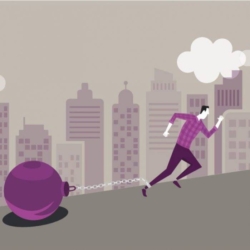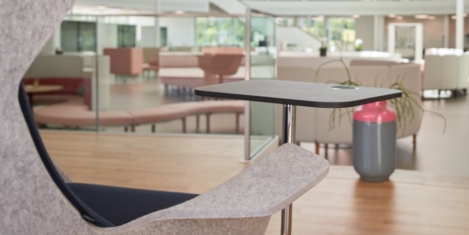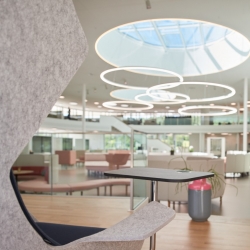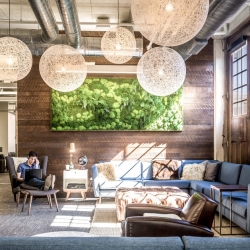To provide the best experiences, we use technologies like cookies to store and/or access device information. Consenting to these technologies will allow us to process data such as browsing behaviour or unique IDs on this site. Not consenting or withdrawing consent, may adversely affect certain features and functions.
The technical storage or access is strictly necessary for the legitimate purpose of enabling the use of a specific service explicitly requested by the subscriber or user, or for the sole purpose of carrying out the transmission of a communication over an electronic communications network.
The technical storage or access is necessary for the legitimate purpose of storing preferences that are not requested by the subscriber or user.
The technical storage or access that is used exclusively for statistical purposes.
The technical storage or access that is used exclusively for anonymous statistical purposes. Without a subpoena, voluntary compliance on the part of your Internet Service Provider, or additional records from a third party, information stored or retrieved for this purpose alone cannot usually be used to identify you.
The technical storage or access is required to create user profiles to send advertising, or to track the user on a website or across several websites for similar marketing purposes.
 As lockdown measures begin to ease, many UK office workers are concerned about going back to the office – with worries rife over being able to maintain social distancing (59 percent) and appropriate hygiene and cleaning standards (44 percent), according to new research. The YouGov poll, for the Institute of Workplace and Facilities Management (IWFM) surveyed office workers across the country to reveal that over a third (34 percent) are concerned about getting used to a corporate office culture again after the lockdown. (more…)
As lockdown measures begin to ease, many UK office workers are concerned about going back to the office – with worries rife over being able to maintain social distancing (59 percent) and appropriate hygiene and cleaning standards (44 percent), according to new research. The YouGov poll, for the Institute of Workplace and Facilities Management (IWFM) surveyed office workers across the country to reveal that over a third (34 percent) are concerned about getting used to a corporate office culture again after the lockdown. (more…)


































May 1, 2020
Organisations should seize this opportunity to look at their values
by James Morley • Comment, Flexible working, Wellbeing